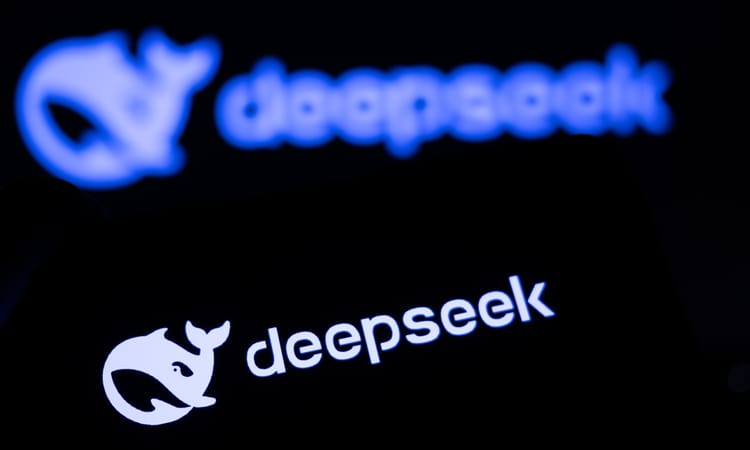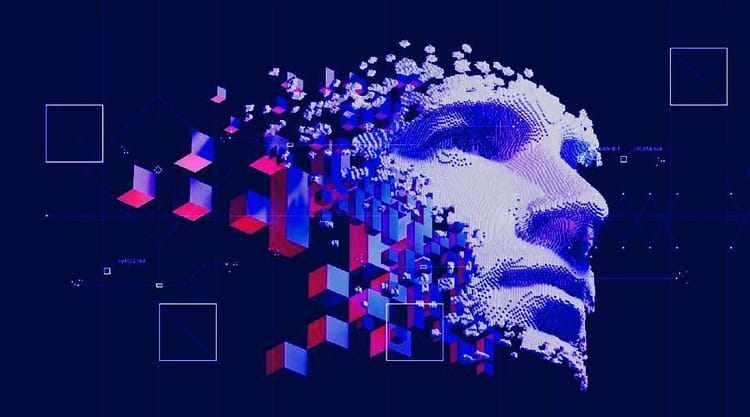AI Roundup: Top Business Use Cases for AI

For some, artificial intelligence (AI) is primarily the ChatGPT, with primary use cases in research and answering everyday questions. For the tech-savvy, AI is used as a chatbot and recommends products based on previous purchases. It can be programmed to complete a variety of tasks. While we can't still find a robot assistant to fix our dinner, it can now automate and complete a few tasks efficiently, especially for business owners.
The rapid growth and improvement in artificial intelligence have created excitement and anticipation about what it can do next. At its best, experts see AI improving healthcare delivery, revolutionizing education, and boosting national security. Artificial intelligence also holds much promise for the business community, which can help boost the bottom line and create better consumer products and services.
The market data and anecdotal records show the growing importance of AI for business applications. According to a Forbes article, the amount of data created and consumed increased by 5,000% between 2010 and 2020. Thanks to new and emerging technologies, businesses can now efficiently process user data to make informed decisions. At the core of this data processing is the use of AI tools. For example, 56% of all respondents in The State of AI in the 2021 survey by McKinsey say that they're adopting the technology, up from 50% in 2020. Accenture's report on AI found that 84% of C-suite executives think using AI can meet their growth objectives.
AI's use cases for business are here to stay, and business owners and decision-makers are taking notice. Here are highly productive and efficient ways AI use cases can help business owners improve their decision-making process.
Improving customer support
Have you visited a site, clicked its Contact option, and been greeted by a chatbot? Chatbots are perhaps one of the most common uses for AI, and they're now widely used on most websites. A chatbot is a computer program designed to simulate conversations with human users online. It uses AI and natural language processing (NLP) techniques to understand, process, and respond to user commands or queries conversationally.
Chatbots address customer queries and provide answers or route the request to a human representative who can best provide answers. AI-powered chatbots are now used for a wide range of business applications. Businesses use it to provide customer support, answer frequently asked questions, book appointments, or even offer product recommendations based on your previous transactions.
From a business perspective, using AI for customer service (like chatbots) streamlines their support and business operations. With chatbots and AI, employees can focus more on tasks requiring skills and more personalized attention.
Provide service and product recommendations

Have you visited a website recently and recommended a product for you to buy? Or perhaps you're browsing your favorite streaming video service provider with recommendations to check out and watch. Well, these are situations where AI is in full use. An increasing number of companies use AI to recommend products that align with the customer's interests and lifestyle and keep them engaged.
In sites that use this technology, businesses track customer behavior, and based on recent visits and activities, the system offers customers recommendations similar to what they viewed. We can now see this technology in most e-commerce websites, and it's also at work at Netflix, which recommends movies that you 'may like', and Spotify, which queues songs that you may love or are in the same genre.
Make smartphones 'smarter'
We all know smartphones serve different purposes: communication, entertainment, and even productivity. Thanks to the arrival of AI, our next-generation smartphones have become more smarter, sophisticated, and efficient. Today, high-end phones from Samsung and Apple feature facial recognition and voice assistants powered by machine learning. Also, Amazon's Alexa, Apple's Siri, and Google Assistant rely on NLP to recognize what we say and respond accordingly.
Also, companies now use ML in smartphones to analyze photos, detect faces and objects, or even use artificial neural networks to expand photos by predicting what lies outside the borders.
Draft and create using generative AI
Businesses popularly use generative AI for content creation purposes. Tools like ChatGPT and Bard generate content such as codes, images, and videos. Businesses turn to AI to automate tasks based on certain parameters instead of relying on employees to draft website content, videos, or animations.
For example, a business owner may use ChatGPT to automate the content creation for product descriptions of products on sale on the website. Popular AI tools can also be used to generate banners, marketing materials, and videos which can be used to advertise and market products.
Identifying fraud
Businesses also rely on AI to detect and respond to fraud threats. This AI use case is often seen in the financial industry, where the accuracy and integrity of every transaction are critical. Some companies now use AI tools to track and identify suspicious transactions. If the system detects fraud, the application immediately stops the transaction and alerts the appropriate authorities.
Specifically, AI is now used in the fight against identity theft, phishing attacks, credit card theft, and document forgery. For example, in addressing credit card theft, AI can be used to detect anomalies in the card owner's spending patterns and flag these in real time. Banks also rely on AI's predictive capability to foretell a customer's future expenditure and send notifications if there are drastic changes in spending habits. If these are unauthorized transactions, the customer may block the card.
Optimize supply chain operations
Businesses struggling with their supply chain management and operations can also use AI. There are AI tools that can assist companies in predicting the price of materials and their shipping and supply requirements and estimating how fast these products can move through the company's supply chain. Business owners and decision-makers can gain insights from these reports from AI, allowing them to make informed business decisions.
On a smaller scale, AI can be used by fleet drivers to find the best routes for delivery, especially if they're faced with heavy traffic or other types of roadblocks.
The promise of AI to business and consumers
Artificial intelligence and the many tools and solutions that come with it aren't going away. What's now available to business owners is a powerful and efficient tool that can help streamline and automate most functions. Businesses that fail to see the promise of AI, and ignore its potential benefits will soon find themselves in the sidelines watching a revolution of efficiency and productivity.
As such, it pays to keep an eye on the latest developments in the AI space, and adopt the most appropriate tools whenever possible.




